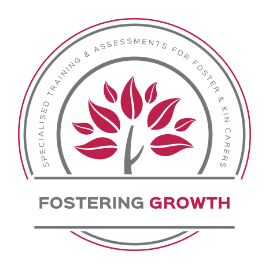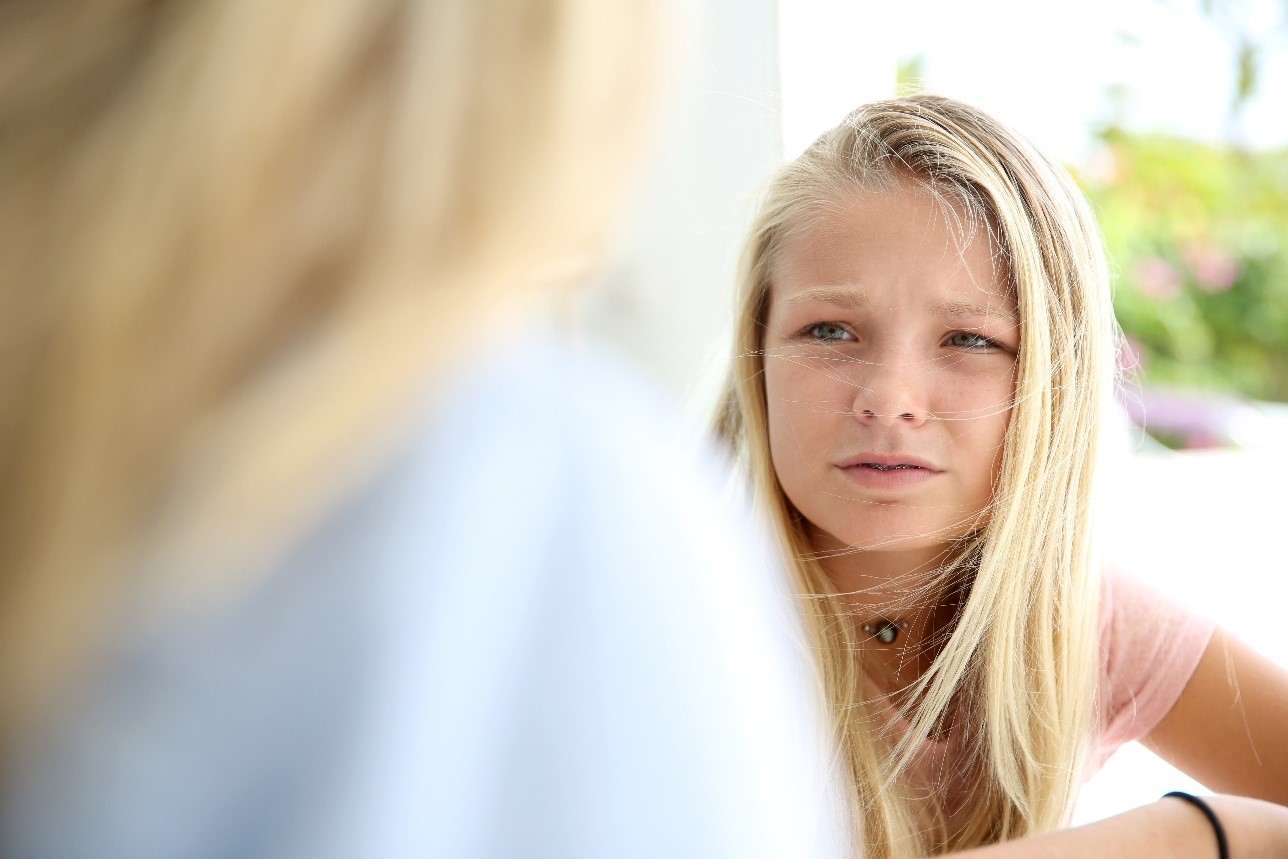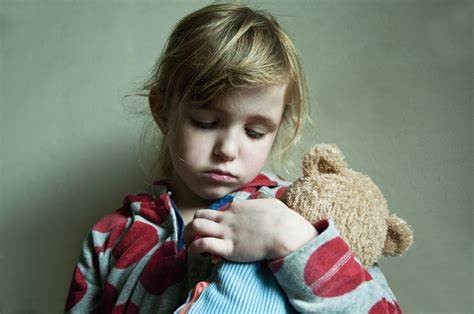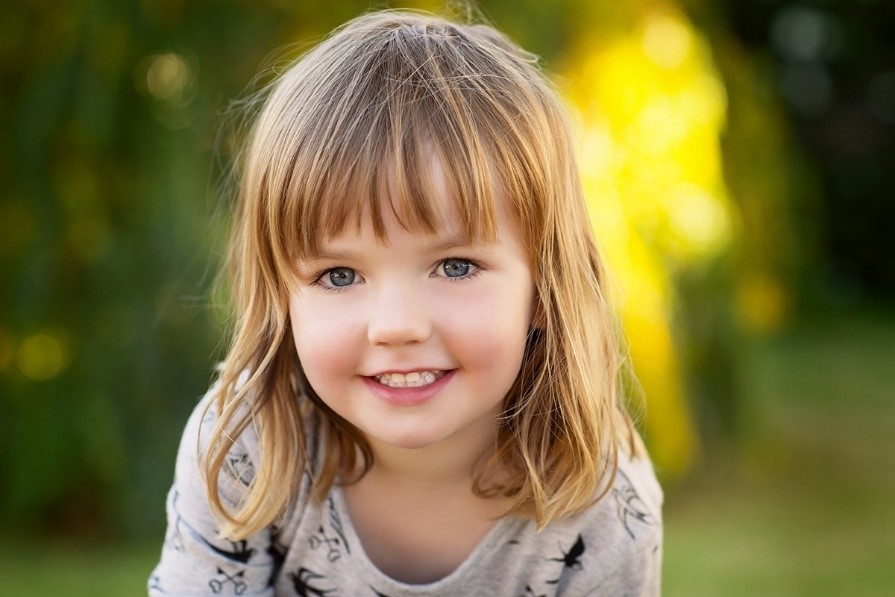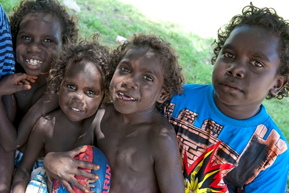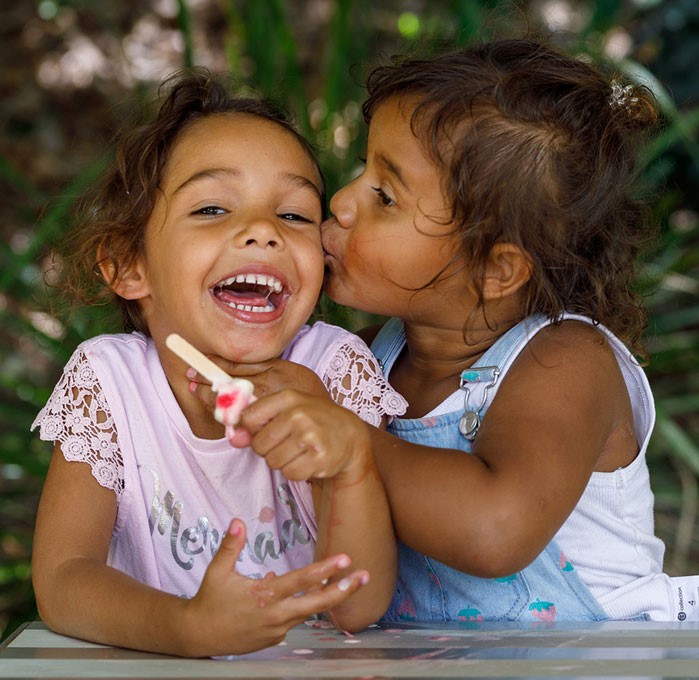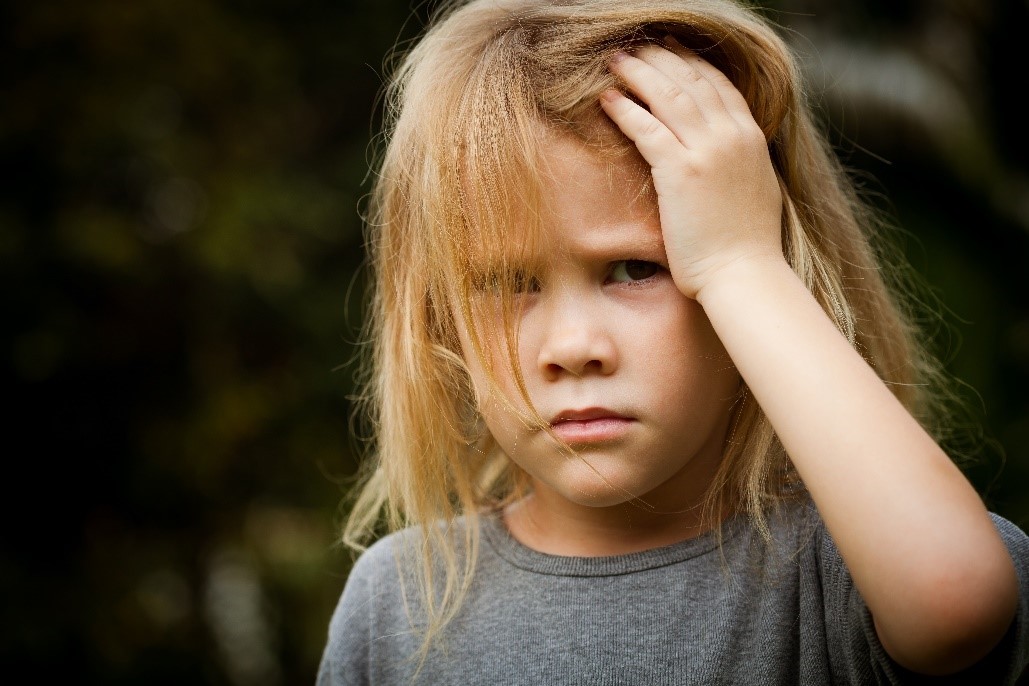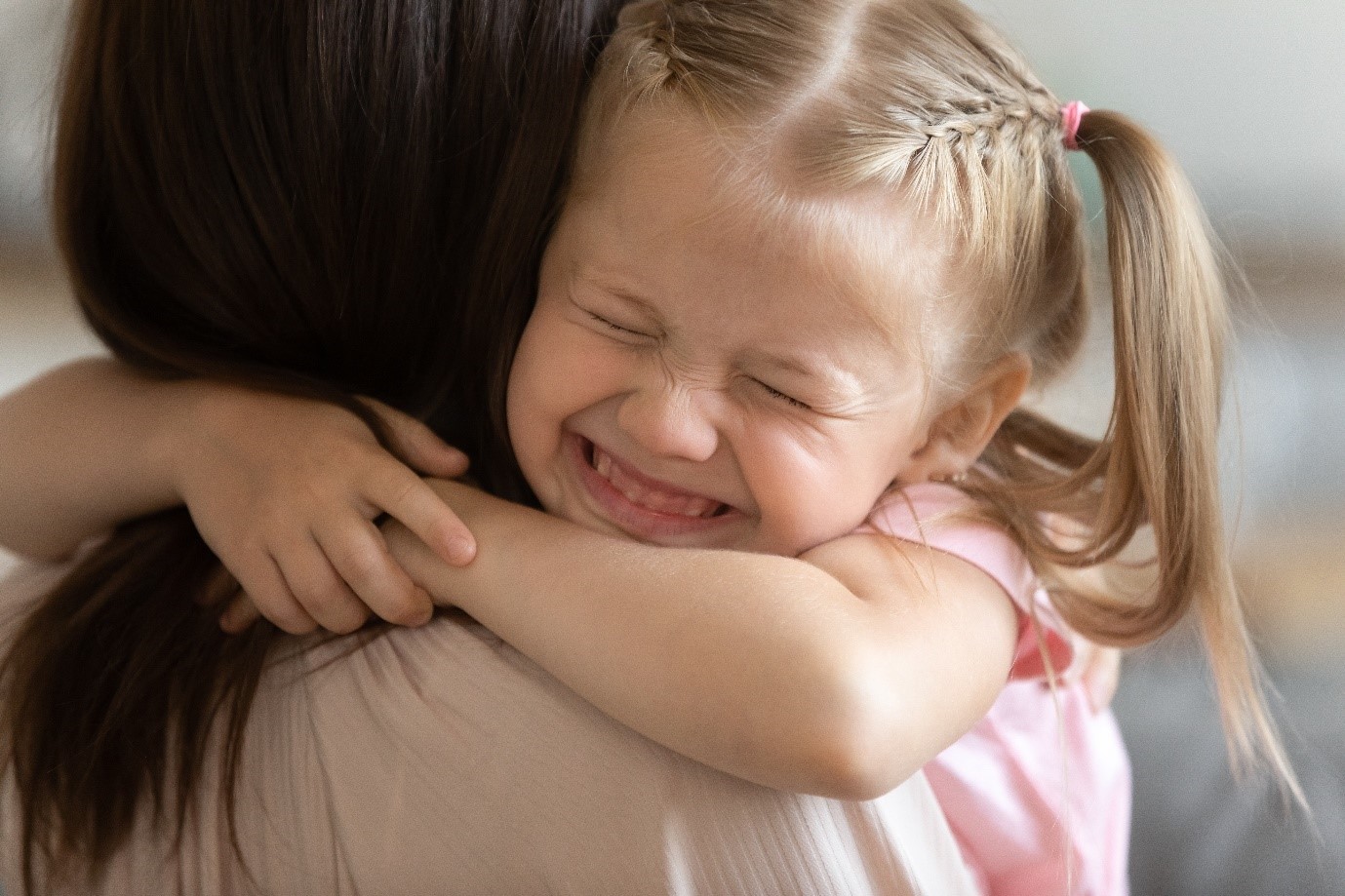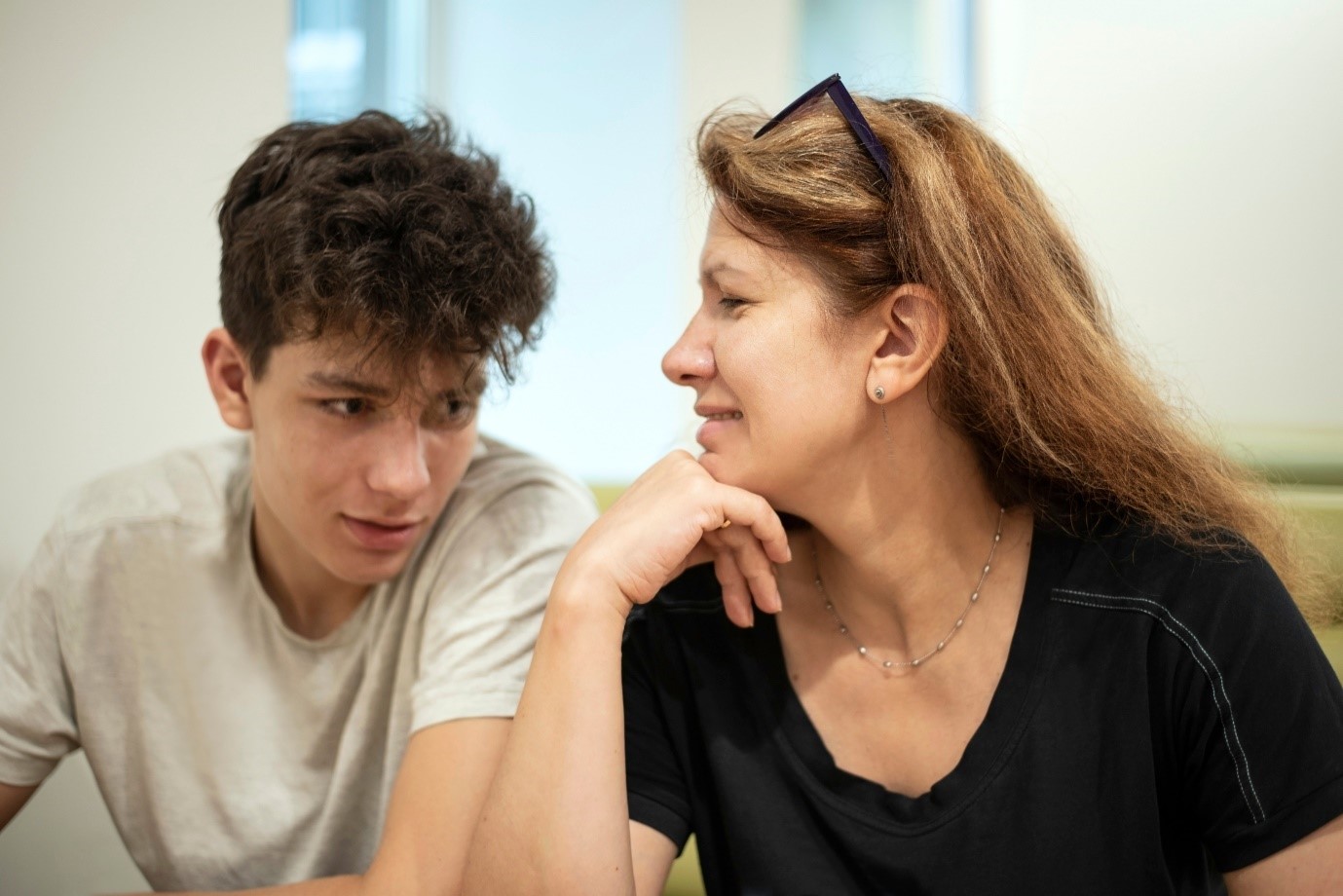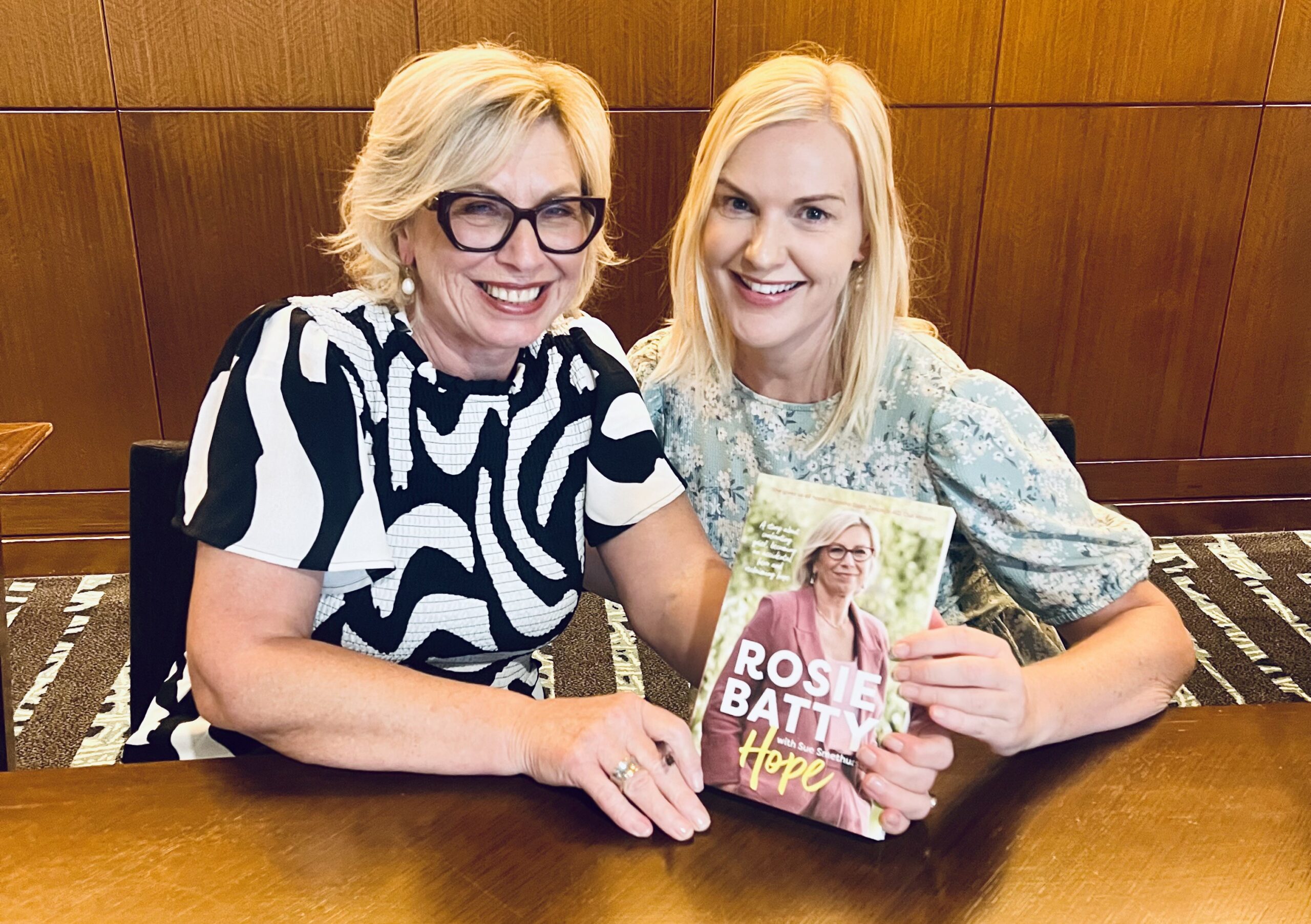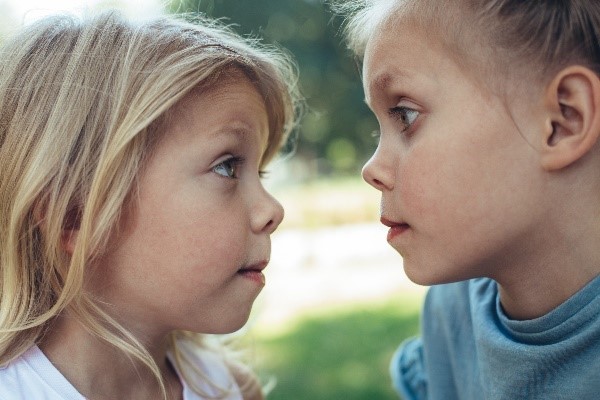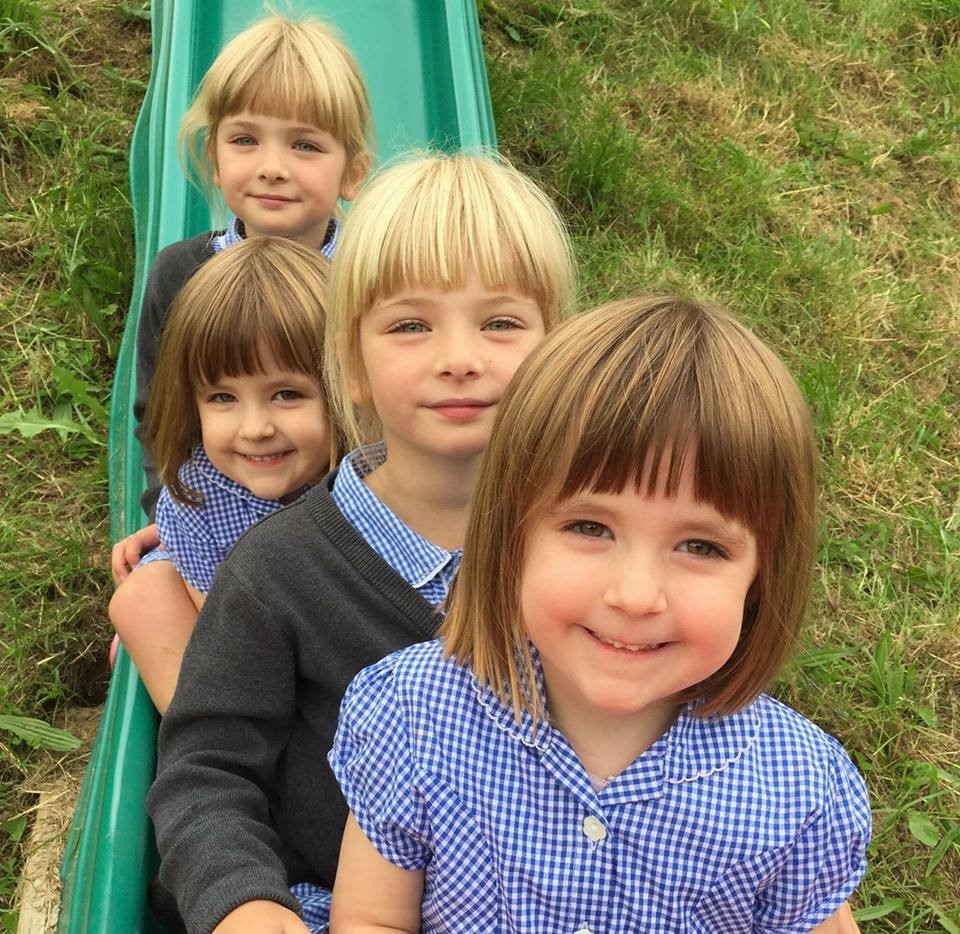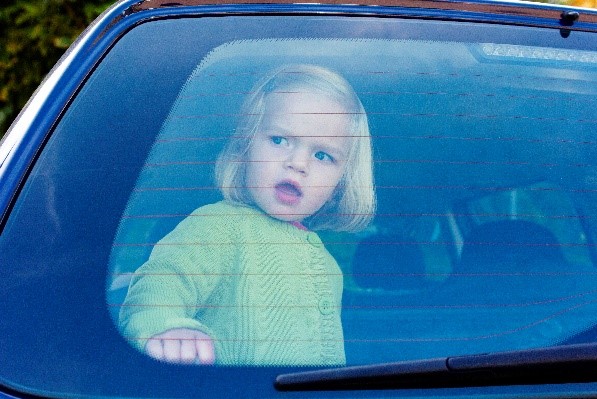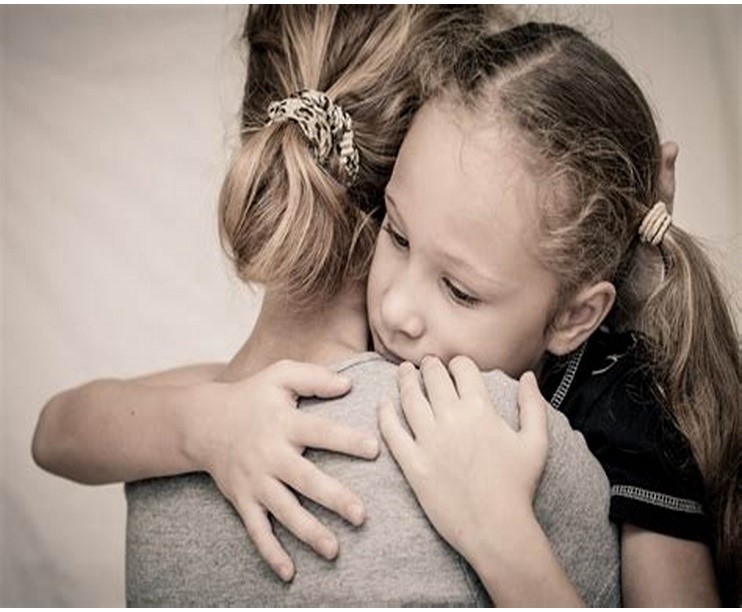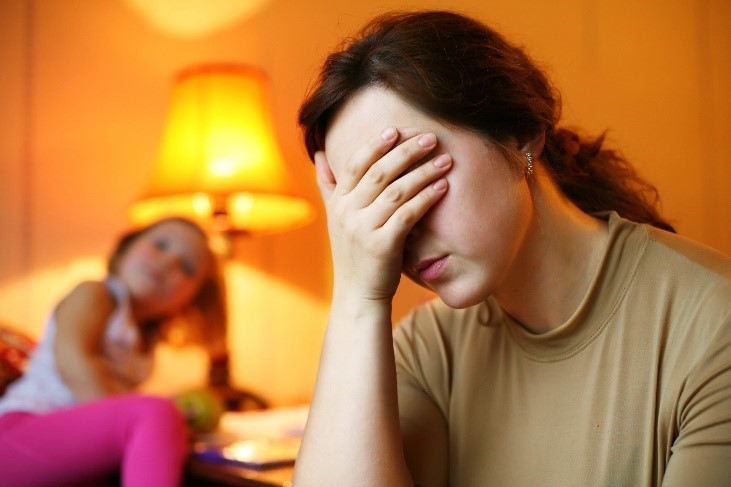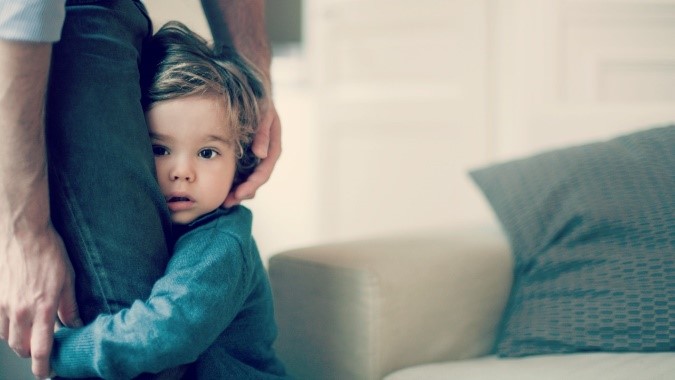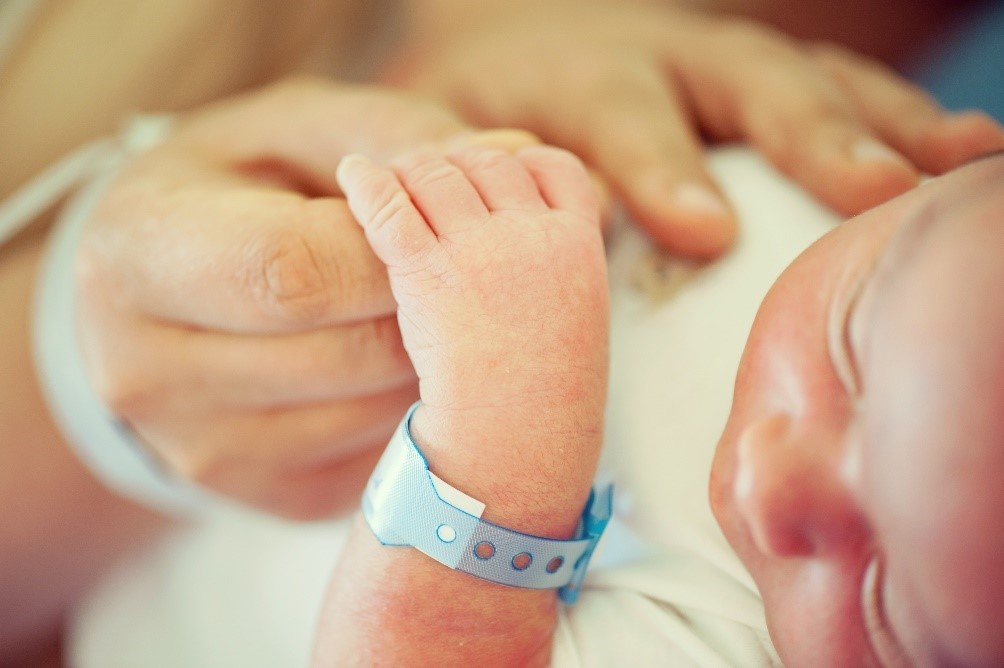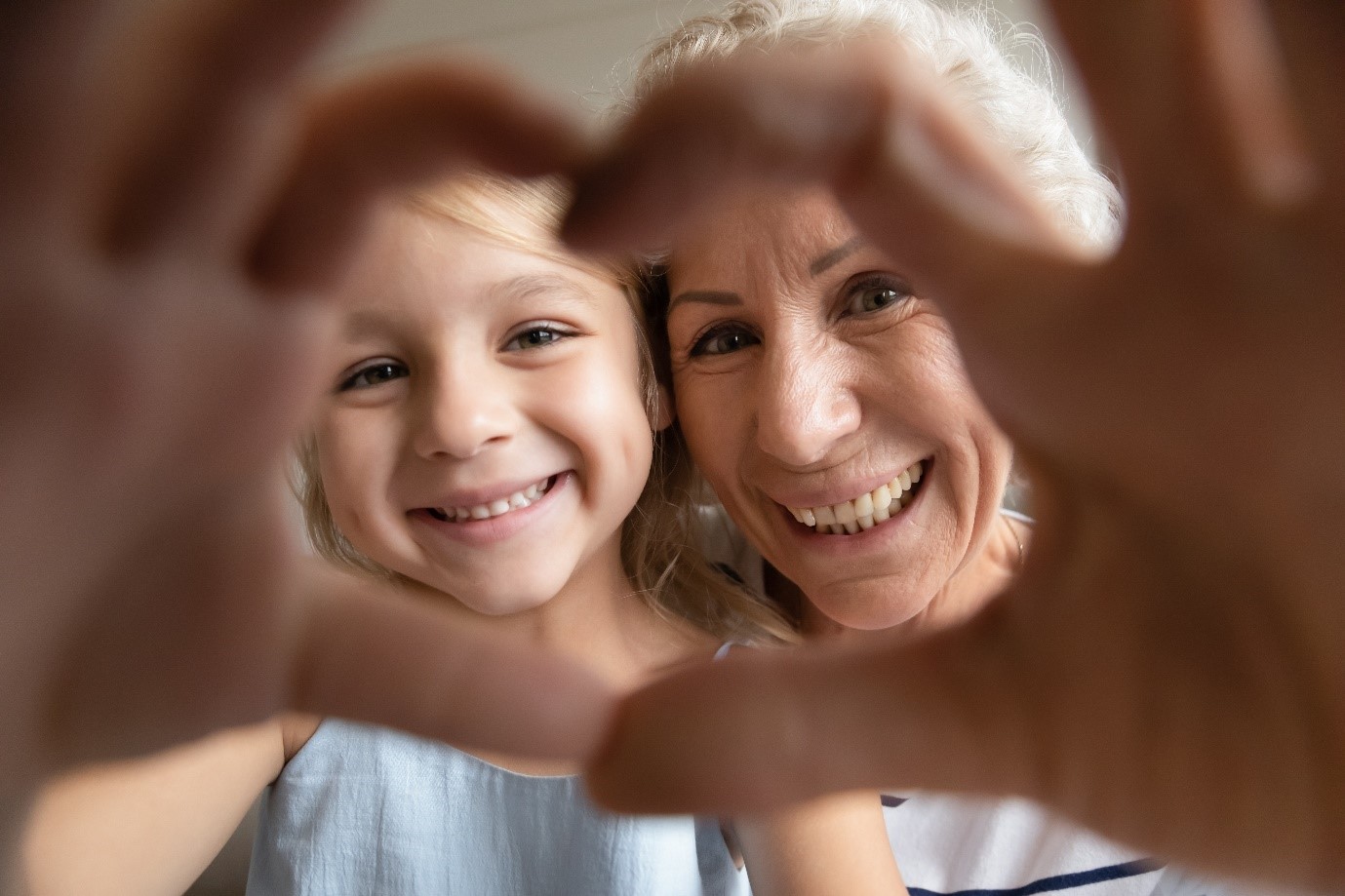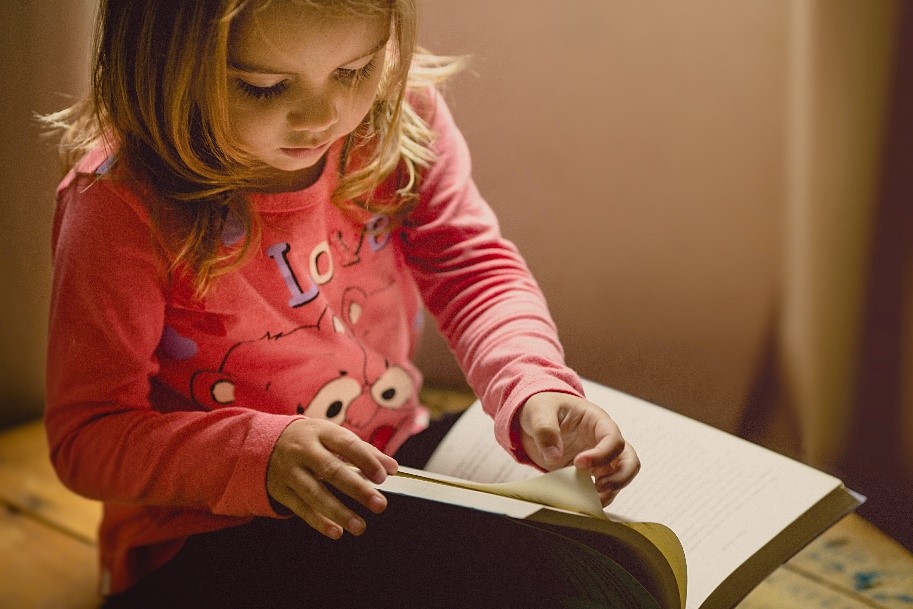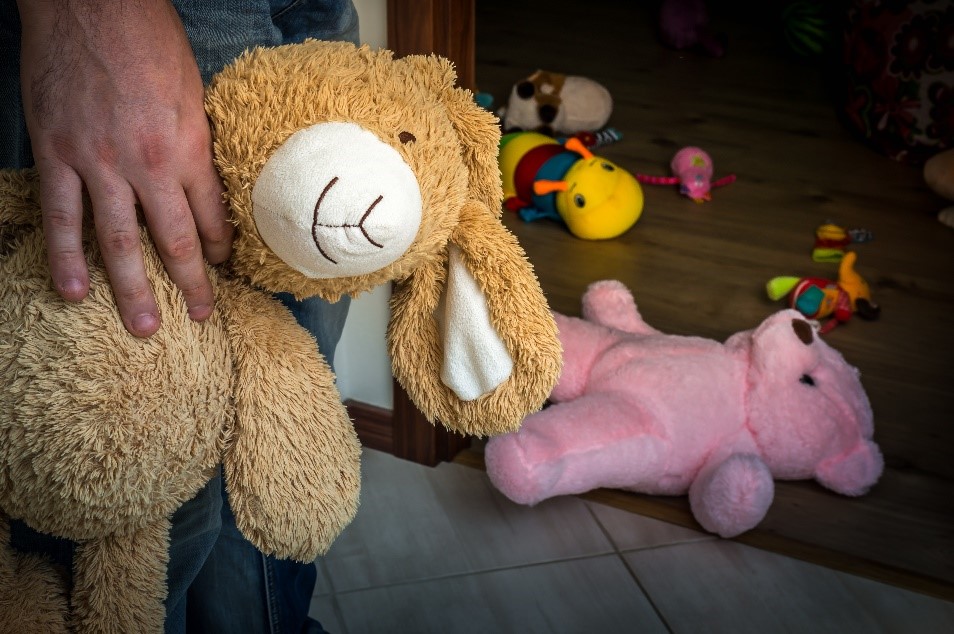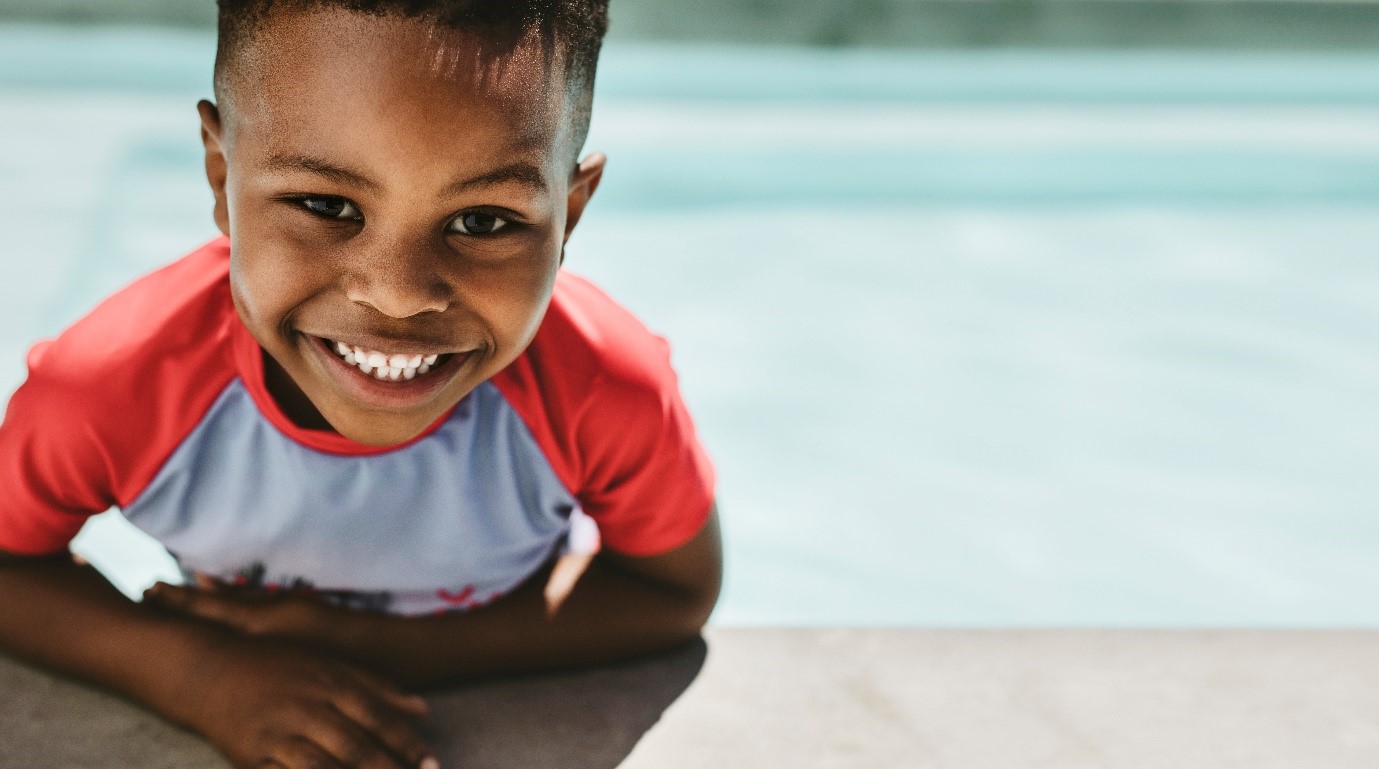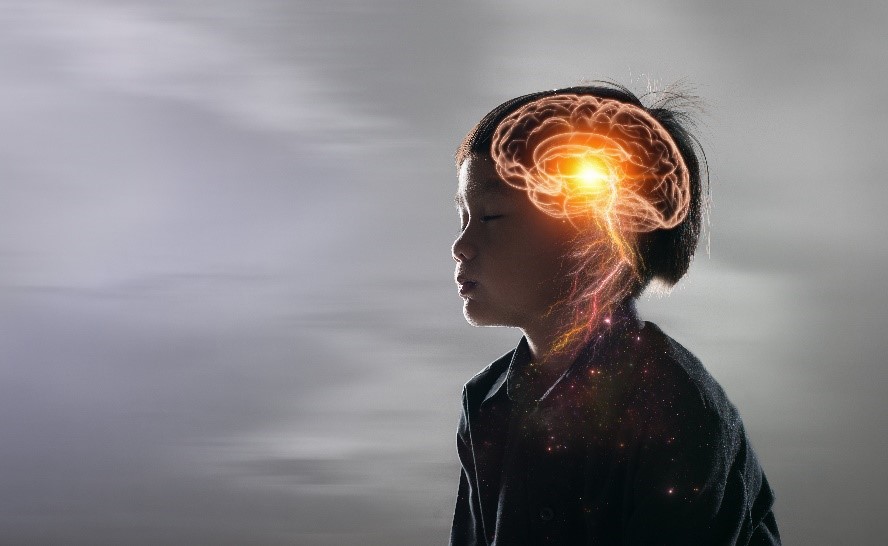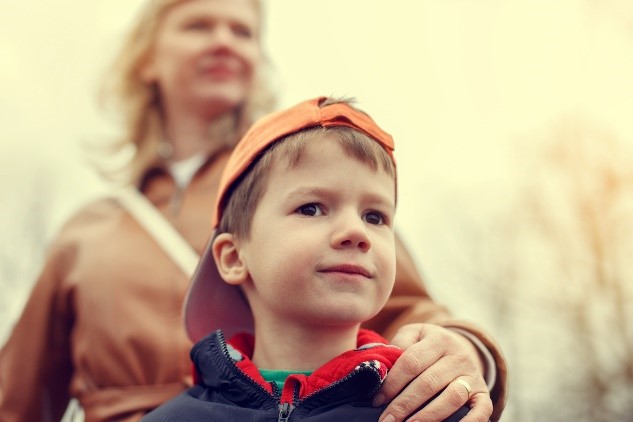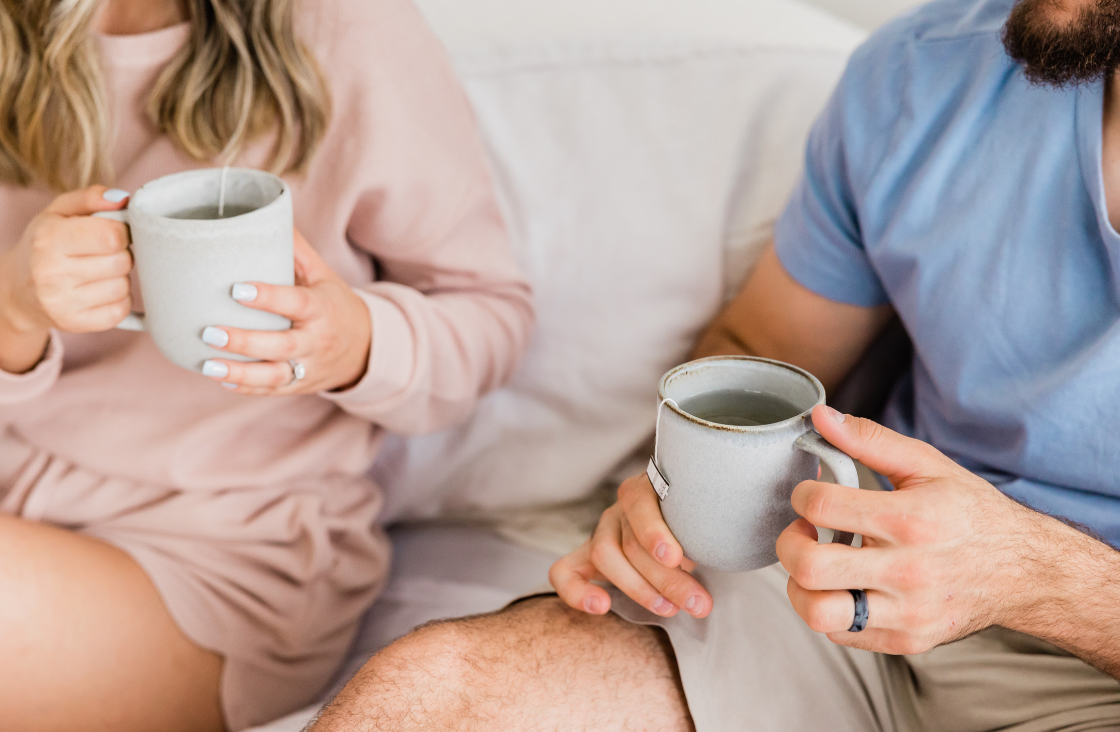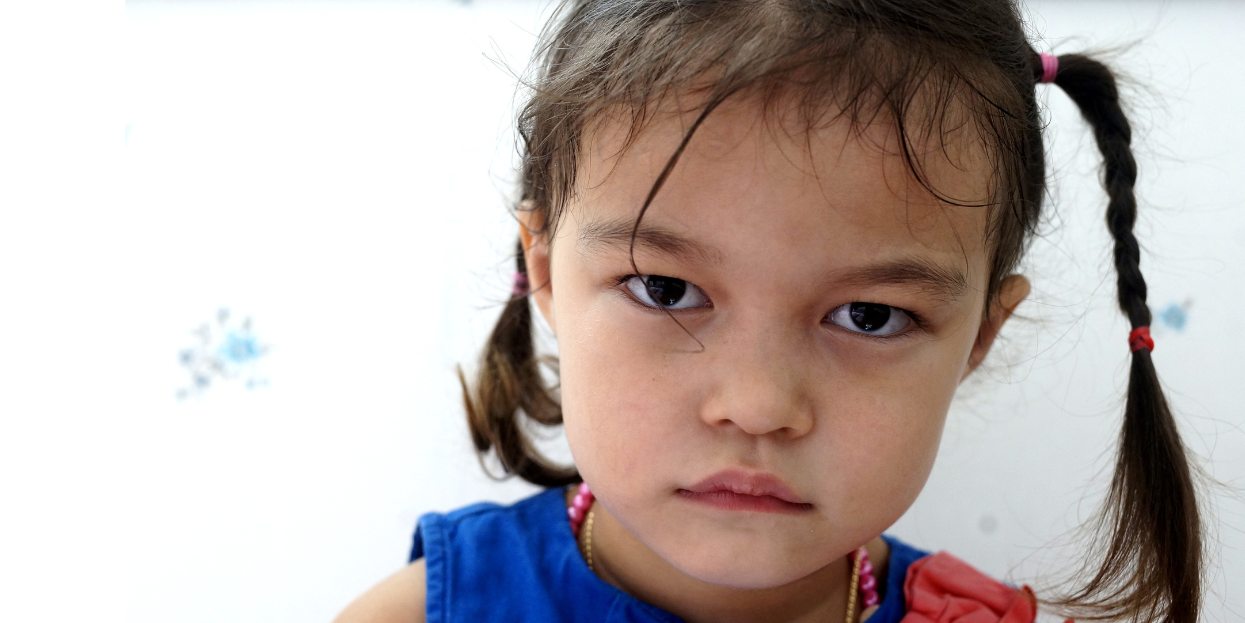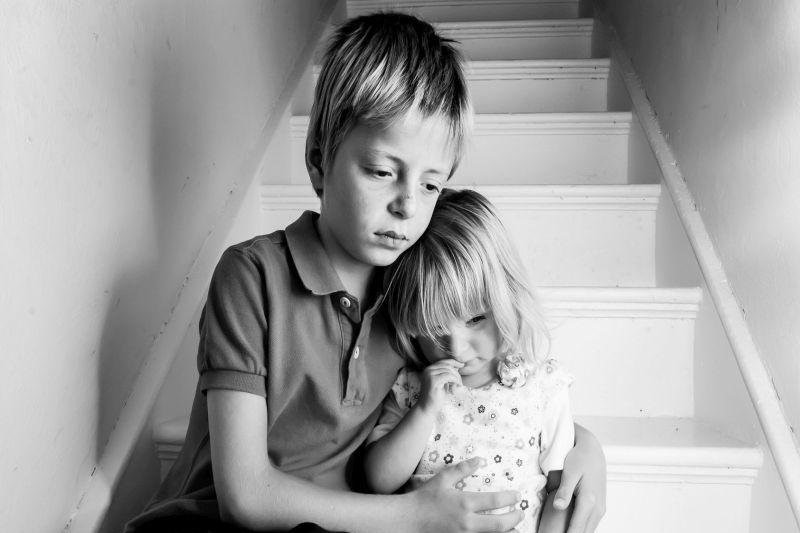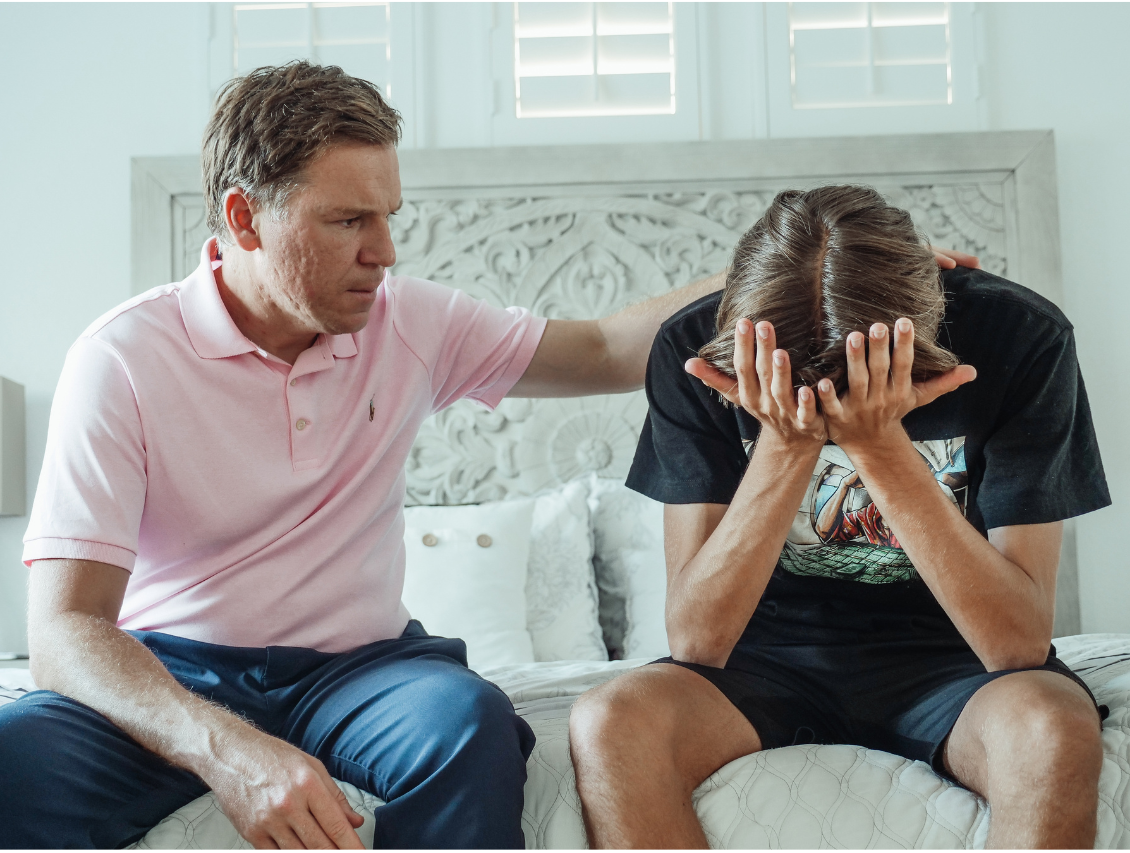‘…not every young person’s experience of sex has been positive. Our goal is to support young people reach a positive sexual sense of self despite past trauma.’
Engaging with young people who have experienced trauma around the topic of sexual health poses unique and sometimes complex challenges.
An experience of trauma can lead to poorer health outcomes. It is important to have discussions about sexual health and relationships with young people from settings where there is a likelihood of trauma in a young person’s history – such as young people in Out Of Home Care or justice services. This will help them to have positive interactions and experiences, despite what their history may be.
The way to achieve this is by empowering these young people to confidently make safe choices based on accurate information.
This online course aims to empower young people to confidently make choices based on accurate information. The course will assist carers and workers who work with young people in Out Of Home Care.
Good sexual health promotion is grounded in a ‘sexpositive’ framework, which, views sex as a positive force in people’s lives. However, not every young person’s experience of sex has been positive. Our goal is to support young people reach a positive sexual sense of self, despite past trauma.
Grounding the discussion in information on values of healthy relationships can help, such as talking about:
- What a healthy relationship looks like.
- How to recognise problems in a relationship.
- How to exit a problematic relationship.
This is a high quality course developed by NSW Health.
